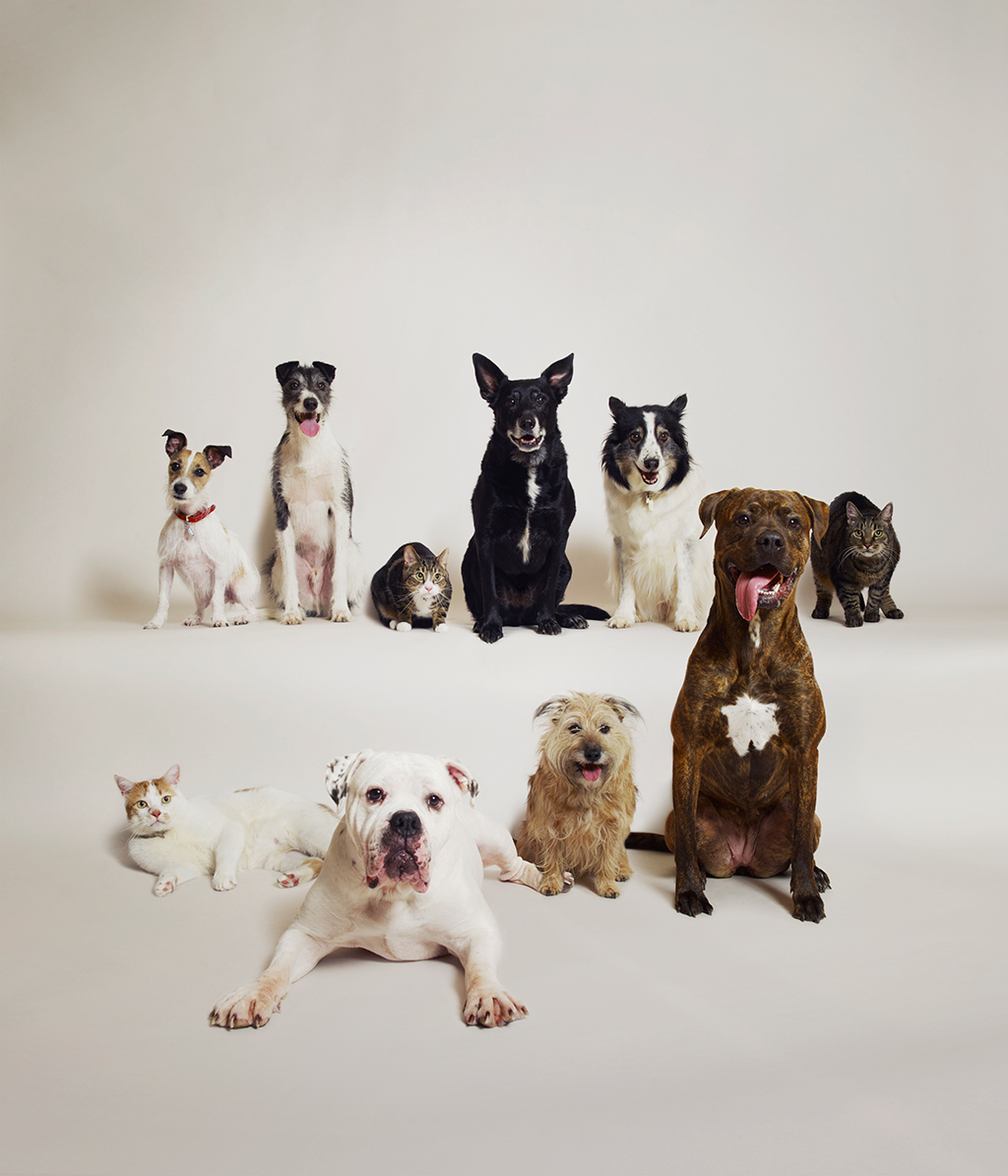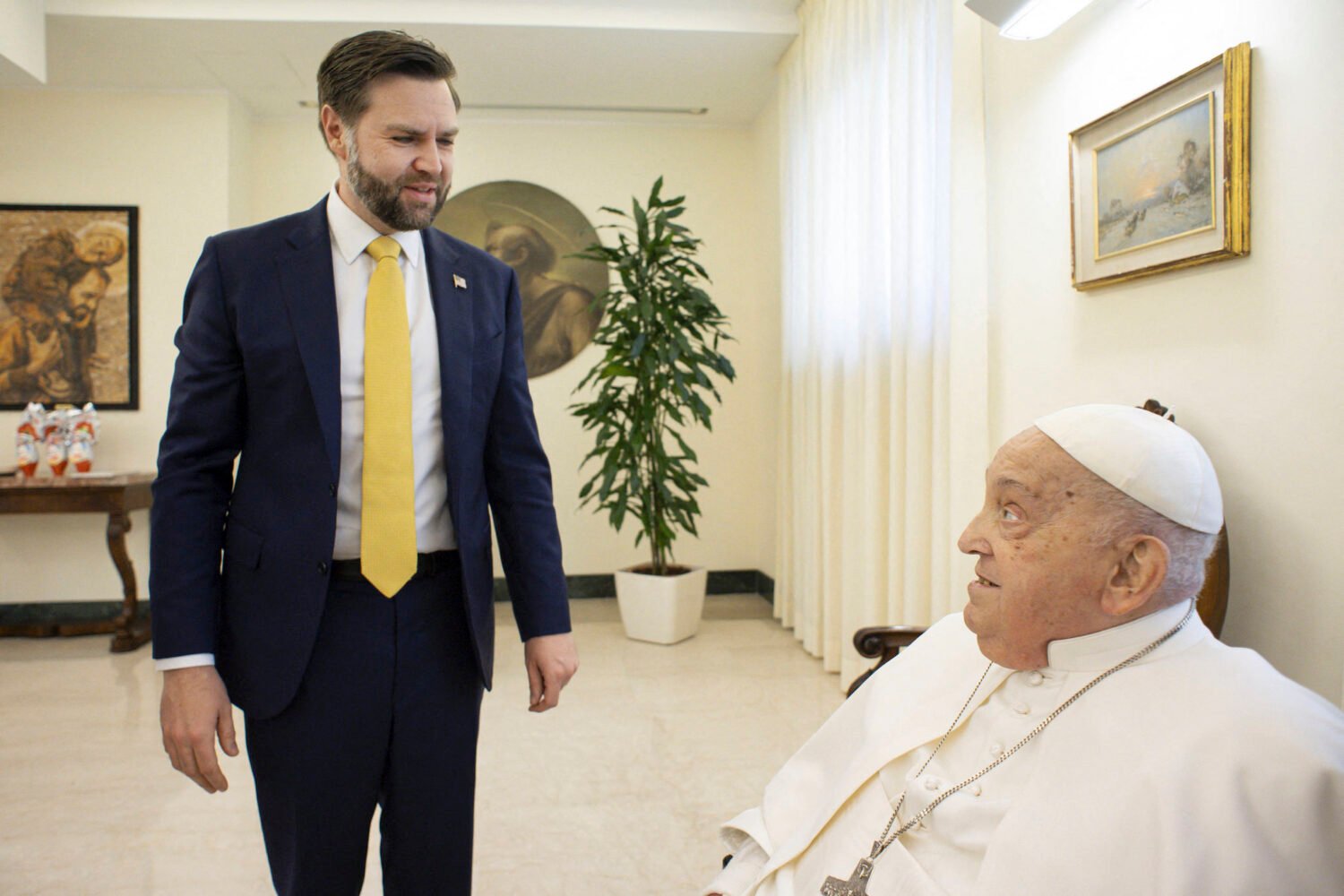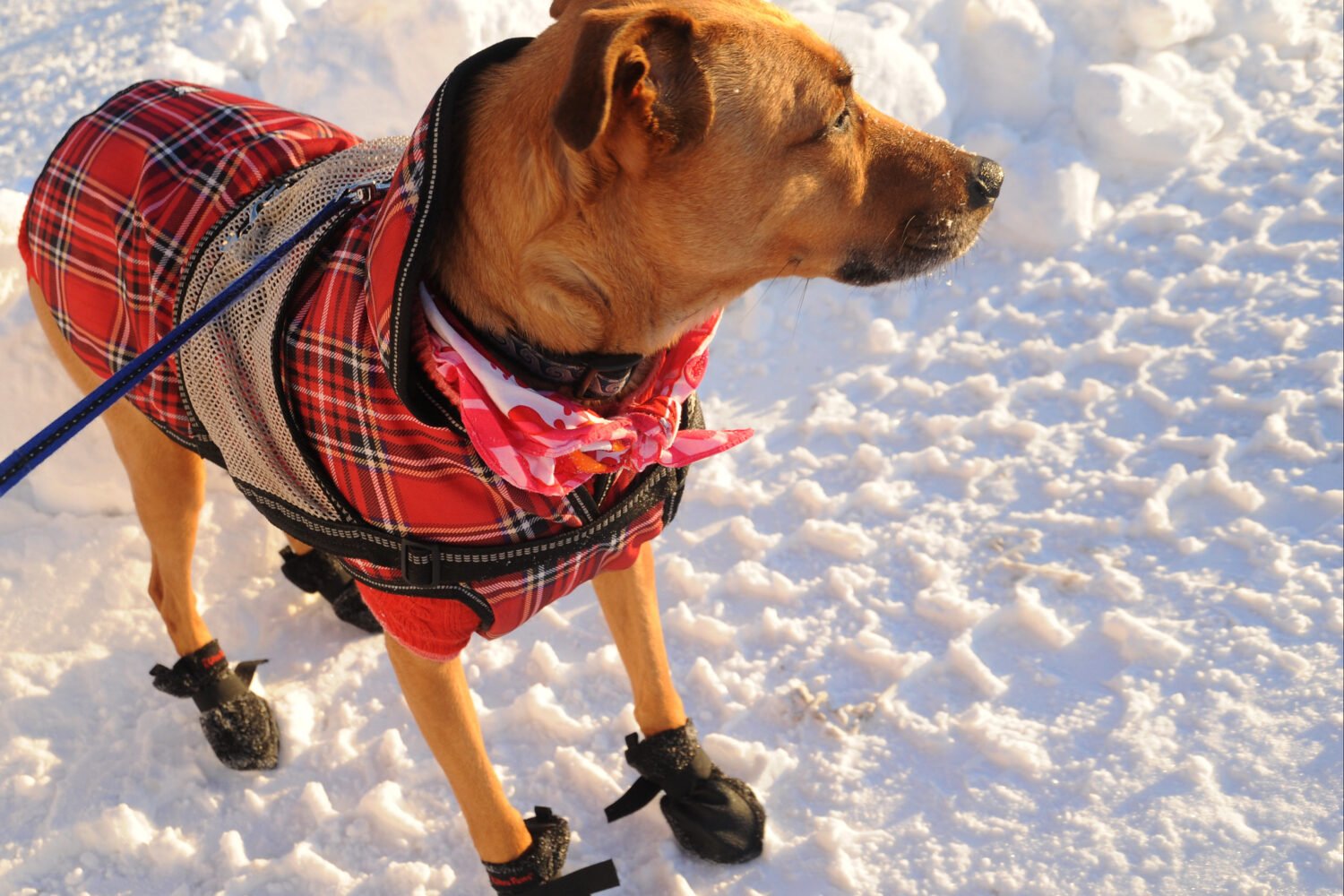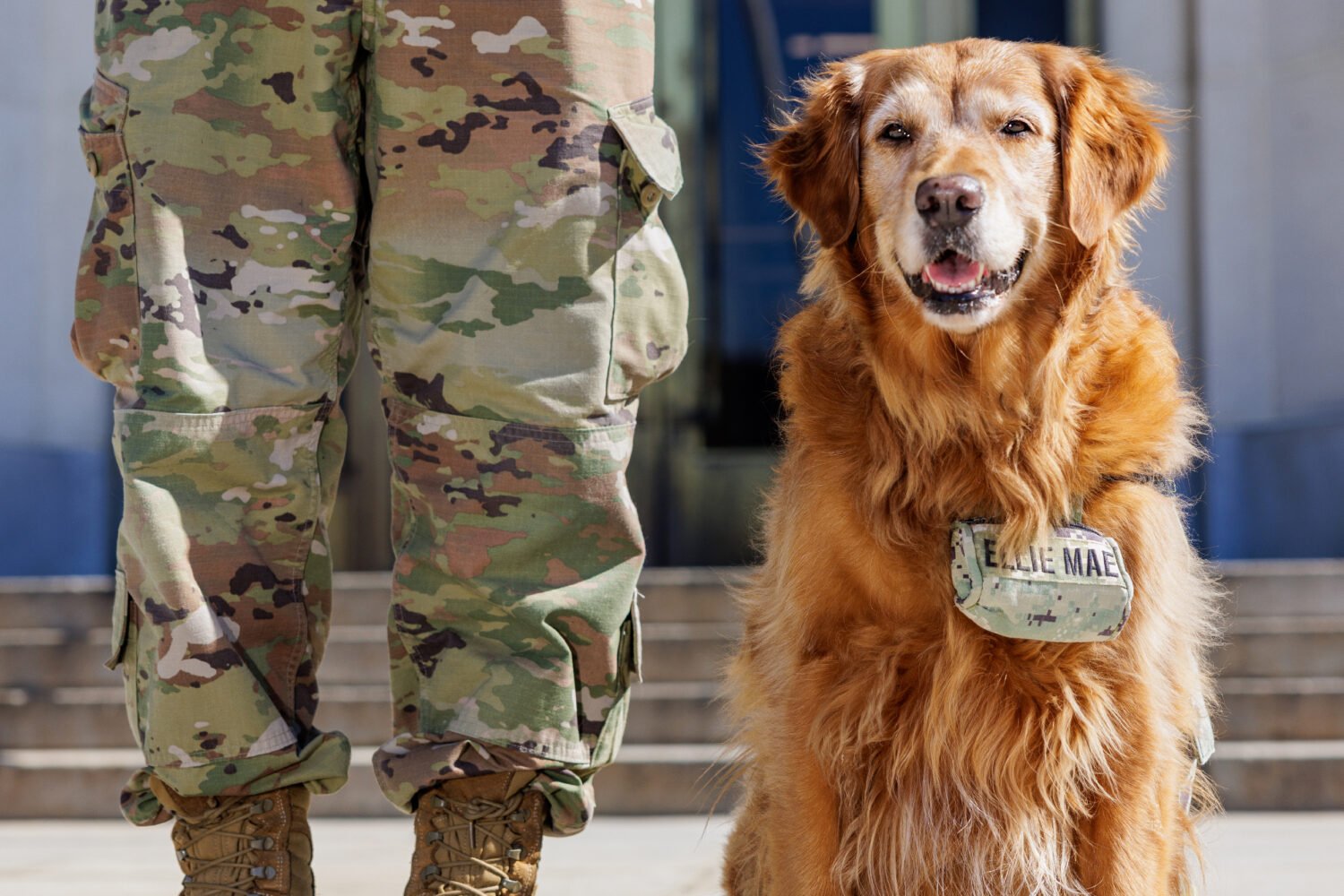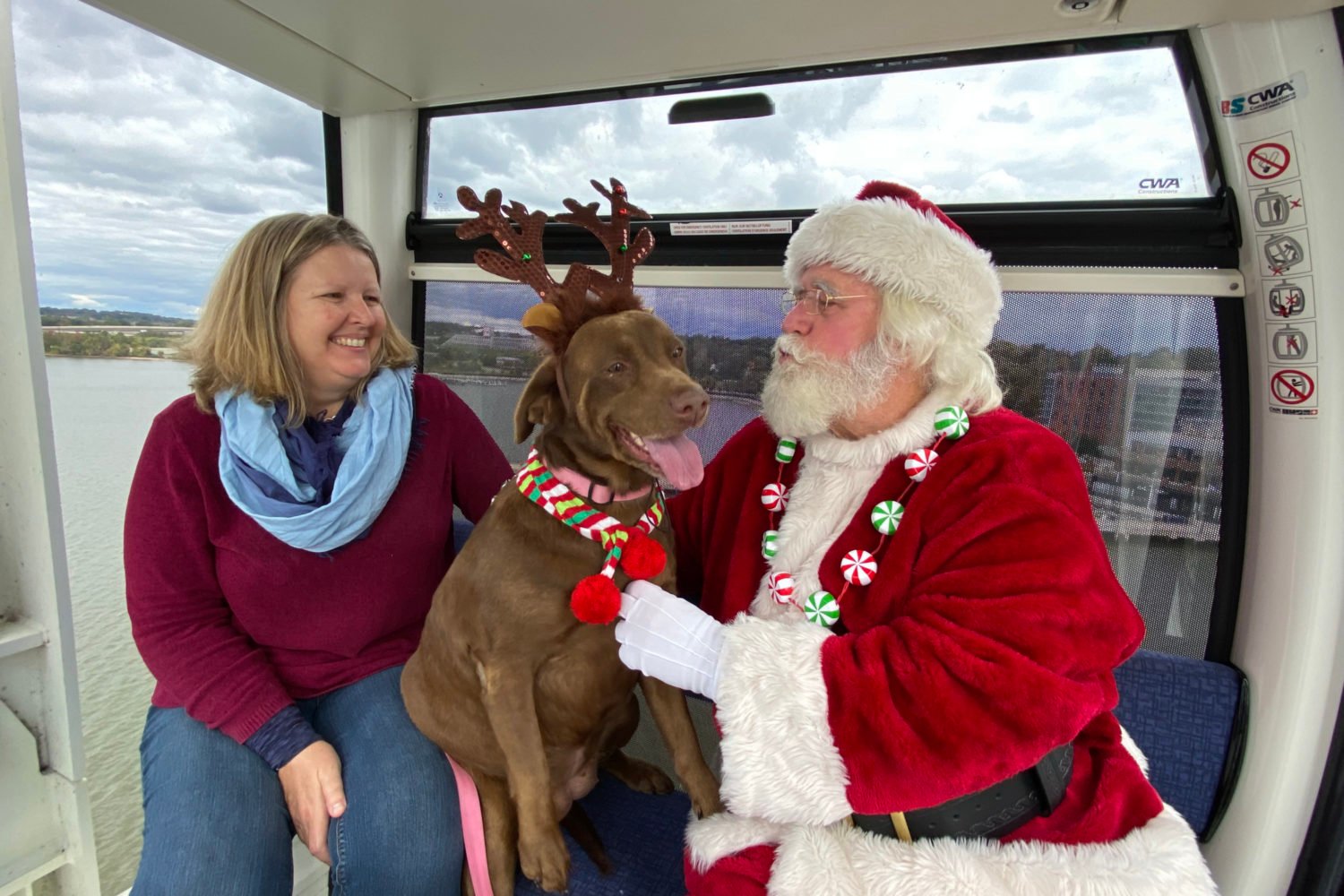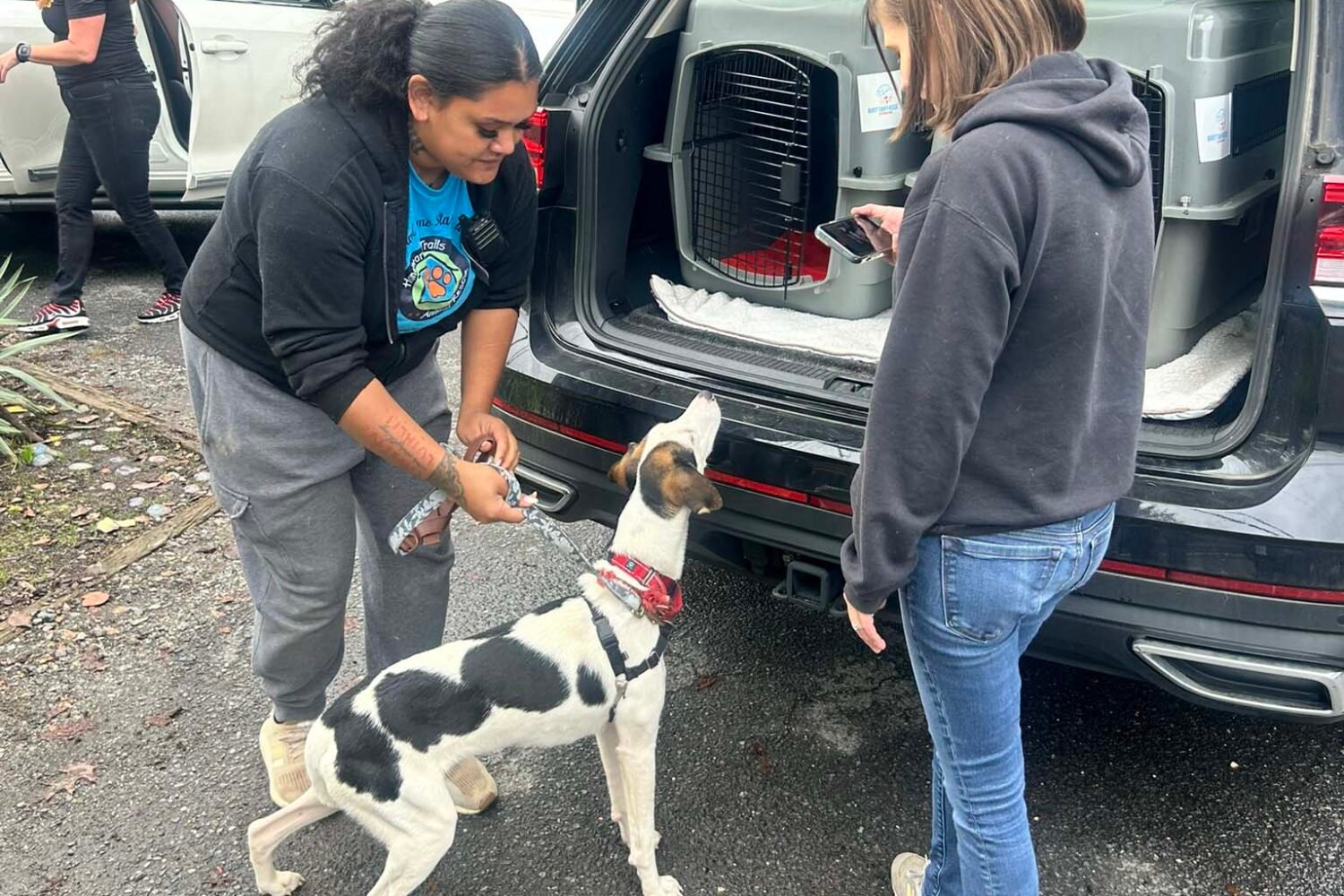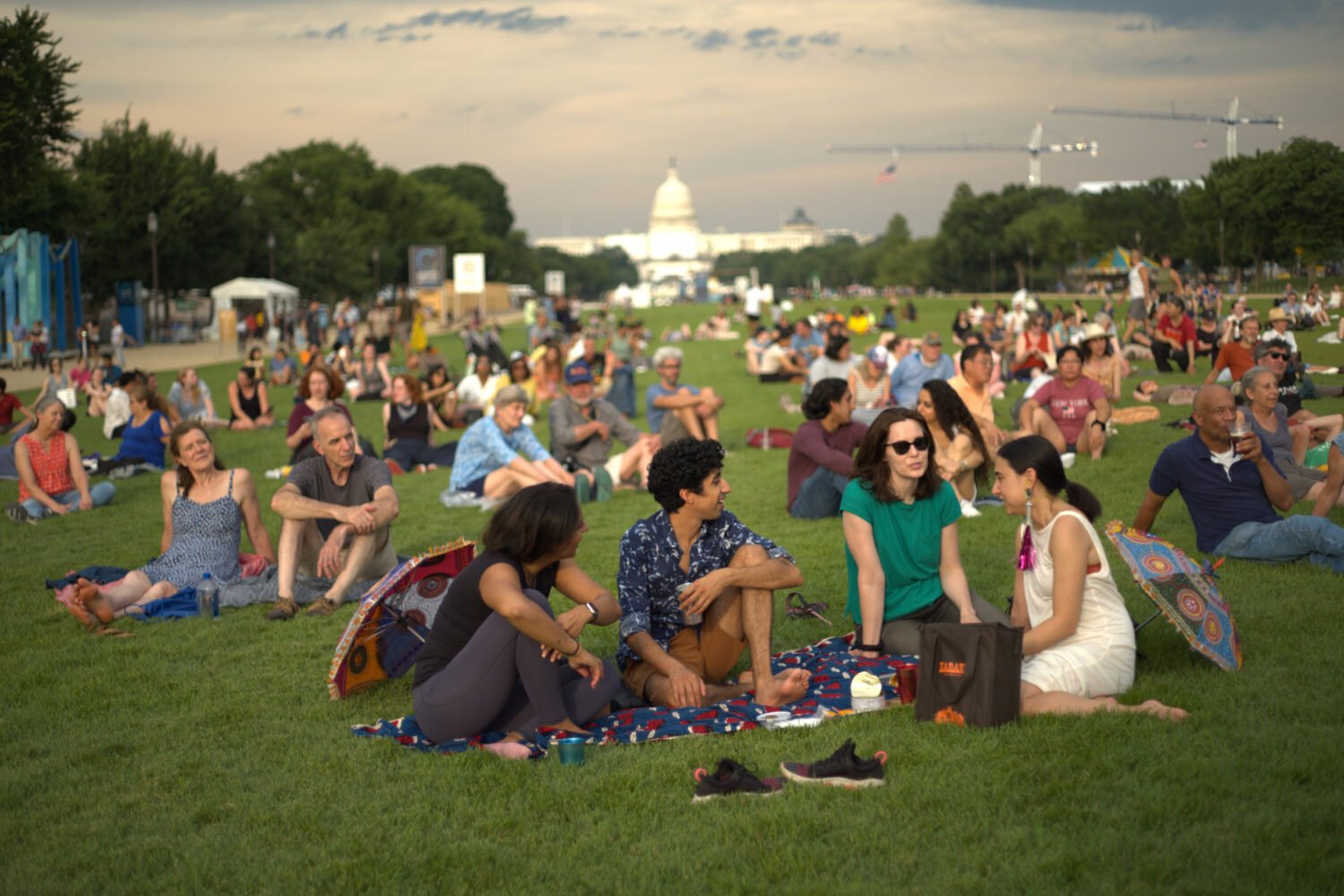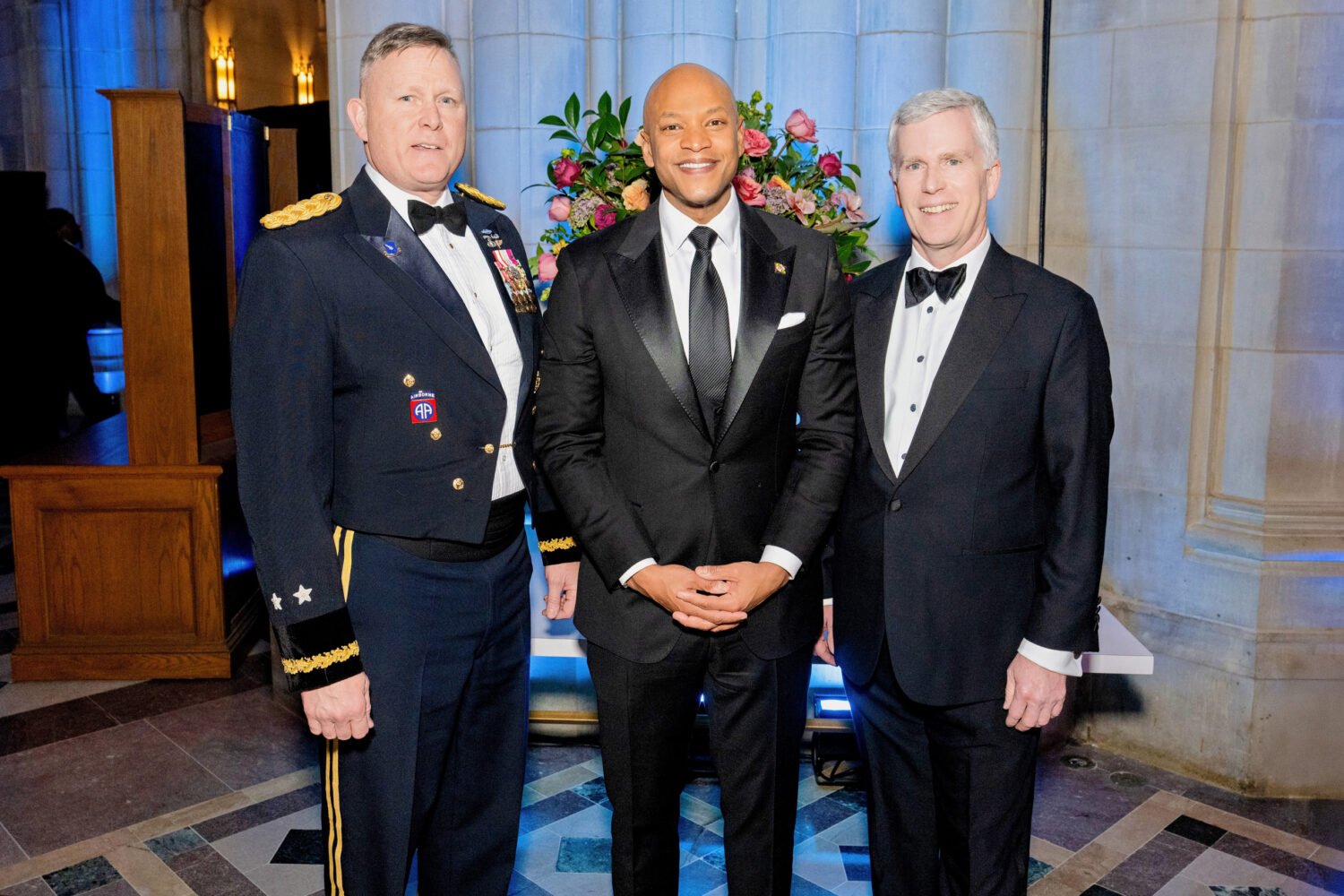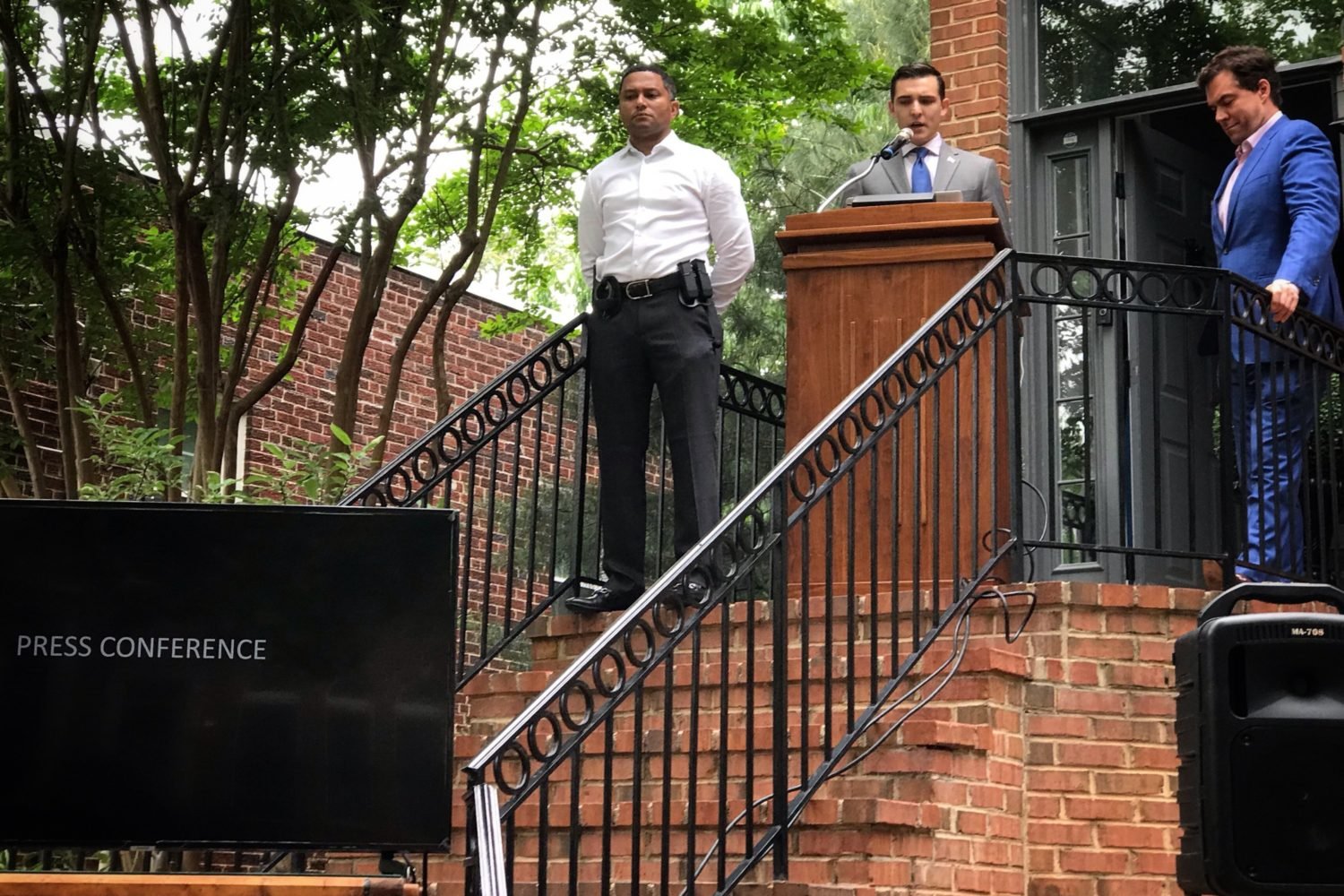Nineteen years ago, when my family adopted a kitten we named Smudge, the process was straightforward and a bit depressing.
My husband, two children, and I traipsed off to the Washington Humane Society’s shelter on Georgia Avenue. We walked past dogs in cages, averting our eyes to avoid their pleading looks. It felt like visiting death row: Until 2007, the shelter euthanized most of its animals (today it rarely resorts to euthanasia), except we had the power to free at least one of the prisoners.
In the cat section, a little spot of gray huddled in the back of a cage. I lifted her out and said to myself, “If she purrs, she’s mine.” She purred—and was mine for the next 18 years.
Four months after Smudge died last year, I was ready to adopt again. The process was nothing like I remembered from 1997. Back then, most people just went to the local pound like we did. Now there are hundreds of organizations to pick from.
When I last went on the website Petfinder—kind of a Match.com for adopters and pets—there were 14,512 adoptable dogs and cats from 541 rescues within driving distance of my house in Tenleytown. On top of the local population of needy pets, Washington has become a hub for nonprofits that bring in animals from rural shelters in Virginia, West Virginia, and the South—places with high euthanasia rates because many animals there aren’t spayed and shelters lack resources.
Although when I started my cat search, the volume of web results was overwhelming, I quickly realized that adopting had actually gotten much easier. Most significant, it’s no longer just for people who want to bring home a mutt or former alley cat. Those who insist on a particular breed or age can plug in their criteria on Petfinder and the site aggregates the nearby animals that match, many of them purebred.
Even so, Eric Bernthal, chairman of the Humane Society of the United States, says not nearly enough people adopt: “Three to four million dogs are euthanized each year because people go to breeders.” If just a quarter of them adopted instead, “every one of these animals would be saved.”
Adopting also doesn’t take as long as it used to, not only because you can pinpoint the animals you’re interested in from your computer but also because there’s less red tape. “In the old days, to adopt a pet you had to go through a truncated version of what people had to do to adopt a child,” says Bernthal. “Millions of animals were dying because the process was too complicated.”
Before my family was allowed to adopt Smudge, we had to have a home visit from a volunteer with WHS, which required it at the time. I remember the volunteer commenting that a kitten might be inclined to scramble up our lace curtains. My husband found the whole idea of a home visit insulting. “They didn’t require one before we had children,” he said.
Today, WHS and other local groups allow adopters to bring home a new family member immediately.
Of course, that doesn’t mean you should rush in. Experts advise spending time with at least a few animals before committing, and keeping in mind that what’s advertised—a winsome face or heartbreaking backstory—might mask other issues that could prove troublesome.
Some organizations keep animals in foster homes rather than shelters. Such homes can provide the added benefit of giving an adopter a sense of the dog or cat’s real personality, as opposed to the personality of a creature stressed out by living in a cage. Other rules vary from one group to the next, too. For instance, some rescues insist that kittens be adopted only in pairs because they need so much attention and socialization.
My own story ends with a 13-pound calico cat named Olive from the group Homeward Trails. I wanted a calico, and my husband had just one request: that I get a “nice” cat this time—i.e., one who likes people besides me. When I met Olive, she looked me in the eye and started purring louder than I’ve ever heard a cat purr. The deal was closed.
Debra Bruno, a freelance writer in DC, can be reached at debbruno333@gmail.com.
This article appears in the February 2016 issue of Washingtonian.

